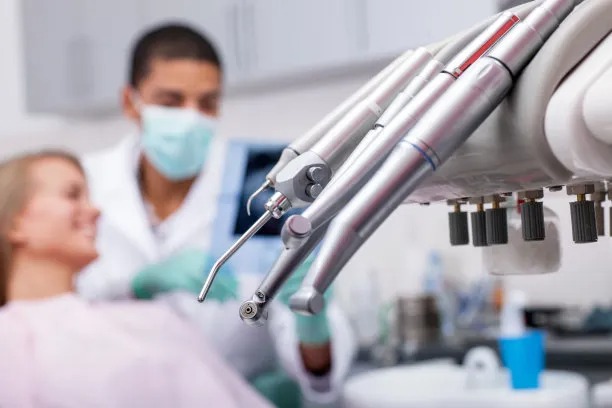Essential Guidelines to Follow Before and After Receiving a Dental Filling for Optimal Oral Health
Summary: Dental fillings are a common procedure aimed at restoring teeth damaged by cavities or decay. However, proper care before and after the treatment is crucial for optimal oral health. This article outlines essential guidelines to follow, focusing on four main aspects: preparation before the appointment, expected aftercare, dietary considerations, and maintaining long-term oral hygiene. Each of these areas includes practical advice to ensure a smooth experience and promote long-lasting dental health.
1. Preparing for Your Dental Filling Appointment

Preparation is key when it comes to receiving a dental filling. The first step is to maintain open communication with your dentist. Discuss any concerns or questions regarding the procedure, including the type of filling material that will be used. Understanding the process can alleviate anxiety and help ease any apprehensions.
Additionally, it’s important to follow your dentist’s instructions regarding medication. If you take specific medications or have underlying health conditions, inform your dentist beforehand. They may provide guidelines on whether to continue or pause certain medications prior to your appointment.
Lastly, consider arranging for transportation post-appointment. Although most filling procedures are quick and relatively painless, patients may experience numbness from anesthesia. It’s advisable to avoid driving or operating heavy machinery until the effects have completely worn off.
2. Aftercare Instructions for Dental Fillings
After receiving your dental filling, following proper aftercare is essential for optimal healing. Initially, understand that your mouth may feel numb for a few hours due to the anesthesia. During this time, it’s critical to avoid biting your cheeks, tongue, or lips to prevent accidental injuries.
Once the numbness subsides, be mindful of any sensitivity to hot or cold temperatures. It’s common to experience slight discomfort as your tooth adjusts to the filling. Over-the-counter pain relief can help, but consult your dentist if the pain persists beyond a few days.
Furthermore, maintaining good oral hygiene practices is imperative. Gently brush and floss your teeth to keep the filling area clean, but avoid aggressive brushing directly on the new filling for the first few days to allow the area to heal adequately.
3. Dietary Considerations After Fillings
Your diet plays a significant role in your oral health following a dental filling. In the immediate hours after the procedure, stick to soft foods and avoid anything overly hot, cold, or hard that may irritate your sensitive tooth. Foods like yogurt, applesauce, and mashed potatoes are great options.
Furthermore, try to avoid sticky or chewy foods such as gum and candy. These foods can not only put stress on your newly filled tooth but may also get stuck to the filling, leading to discomfort or potential damage.
In the following days, if you notice ongoing sensitivity, it might be best to limit acidic foods, which can exacerbate discomfort. Always listen to your body and opt for foods that don’t cause irritation during the recovery phase.
4. Long-Term Oral Hygiene Practices
To ensure the longevity of your dental filling, adopting consistent oral hygiene practices is crucial. Regular brushing at least twice a day with fluoride toothpaste helps protect the filled tooth and surrounding teeth from future cavities. Dont forget to replace your toothbrush every three to four months or sooner if the bristles become frayed.
Equally important is regular flossing. Flossing at least once a day removes plaque and food particles that your toothbrush may miss, especially around the filling. This extra step helps to maintain gum health and prevents decay from forming around the filling.
Moreover, attending regular dental check-ups is vital for monitoring your overall oral health. Your dentist can assess the condition of your filling and its surrounding areas, ensuring that any issues are addressed promptly. A proactive approach to dental health will lead to fewer concerns down the road.
Summary:
In summary, proper preparation, diligent aftercare, mindful dietary choices, and consistent long-term oral hygiene practices are vital for maintaining good oral health following a dental filling. By adhering to these essential guidelines, individuals can minimize discomfort and maximize the longevity of dental work, promoting a healthier smile.
This article is compiled by Vickong Dental and the content is for reference only.



